


A community initiative that unites educators, community partners, and families to improve children’s reading from birth to third grade.
Convenor • Catalyst • Advocate • Advisor




A community initiative that unites educators, community partners, and families to improve children’s reading from birth to third grade.
Convenor • Catalyst • Advocate • Advisor

Looking back over the past eight years, 2023 might be the most impactful year in Read Charlotte’s existence. An updated strategy built upon new insights adopted in late 2022 directed our work this year. We started the year communicating that strategy with our partners and the wider community. We had wonderful engagement with the community in 2023, deepening existing partnerships and developing new ones.
We worked with community partners in the areas of Pre-K and tutoring, launched a new countywide shared reading campaign with Charlotte-Mecklenburg Schools and 15 other partners, helped six summer learning providers launch a new collaborative partnership with CMS, successfully piloted a new turnkey word reading program which we’ve begun to expand to community partners, and began to build a resource repository to support listening comprehension instruction. We hosted our Commit to 80 event with nearly 200 colleagues for the first time in four years and commissioned a community mural.
2023 also brought new leadership to CMS. We are strongly focused on supporting CMS Superintendent Dr. Crystal Hill and her team in their work to improve early literacy outcomes in Charlotte-Mecklenburg. With input from the community, the CMS Board of Education adopted new goals for their next five-year (20242029) plan, two of which focus on literacy. By the end of 2023, our work had already begun to pivot towards helping the district achieve these important community goals.
It’s been an inspiring year of collaboration and partnership, with great strides being made toward improving early literacy in Mecklenburg County. We look forward to continuing this work with our partners and our community in 2024.
 Crawford Pounds
Read Charlotte Board Chair
Crawford Pounds
Read Charlotte Board Chair
 Munro Richardson
Read Charlotte Executive Director
Munro Richardson
Read Charlotte Executive Director
What a year! We were inspired every step of the way through 2023 by the collaboration and partnership happening across our community to improve early literacy. We’re excited to share highlights from our work in 2023, as well as the work of our many incredible partners. Great strides are being made toward changing the trajectory of early literacy outcomes in Mecklenburg County, and we look forward to building on that momentum with our partners and our community in 2024.

PAGE 7
We developed and began piloting a new turnkey tutoring tool, Queen City Readers, that helps build basic word reading skills. It was designed with reach in mind, to be used in a variety of settings, by a variety of volunteers, and is already being used by community partners.

We launched Read Together, a collaborative effort to have more children in Mecklenburg County experience reading together with an adult. We worked with a group of 16 partner organizations to launch the initiative, which is one of our biggest yet, and have seen a great response from the community.
Watch our 2023 video celebrating an incredible year!
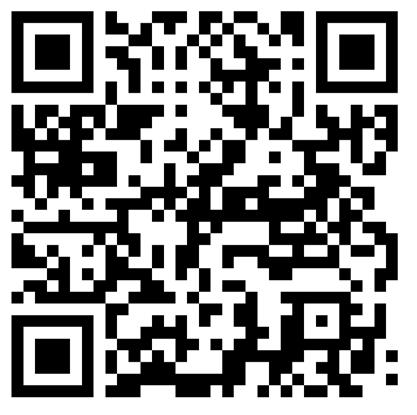
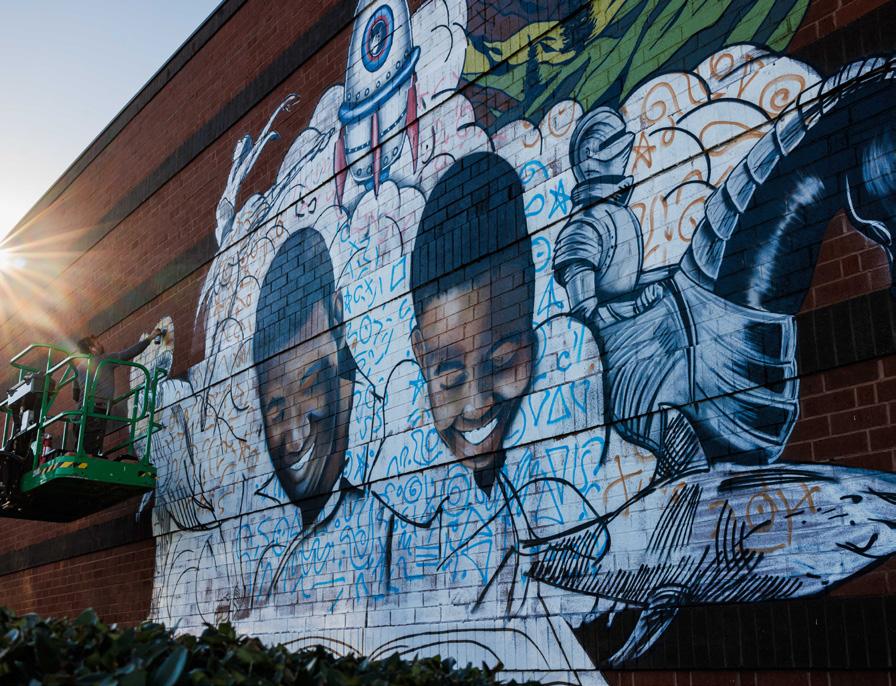
PAGE 14 PAGE 16
We worked with local third grade students and an artist to create a new community mural celebrating the joy of reading. We love what they came up with, and are so excited to share it with the community for years to come!

We were thrilled to bring back our annual Commit To 80 event for the first time since 2019, and bring together people across the county who are working toward the shared goal of improving early literacy. It was truly an inspiring event.
Read Charlotte’s work in 2023 was grounded in the latest reading science. Much of our work was guided by insights from a 10year, $120 million initiative called Reading for Understanding. It identified four key ingredients for reading comprehension: oral language, listening comprehension, world knowledge, and decoding/word recognition.
A related body of research that informs our work is the Direct and Indirect Effects Model of Reading (DIER) from Professor YoungSuk Grace Kim at the University of California, Irvine. Featured in the Handbook on the Science of Early Literacy, Dr. Kim’s research shows how these and other ingredients work together to help children learn to comprehend text. The two primary processes that support reading comprehension are word reading and listening comprehension skills. Text reading fluency, background knowledge, and executive function also make important contributions.
Children simultaneously develop word reading and listening comprehension skills. While word reading skills are the biggest predictor of reading comprehension in kindergarten and first grade, as early as second grade listening comprehension becomes the greatest predictor of reading comprehension as children learn to recognize words automatically.
These new insights identify levers where our community can lean in to build strong foundations in literacy for children across Mecklenburg County. Two of Read Charlotte’s major initiatives, Queen City Readers and Read Together, are rooted in this research, and are highlighted in the pages ahead.
“Researchers now estimate that 95 percent of all children can be taught to read by the end of first grade, with future achievement constrained only by students’ reasoning and listening comprehension abilities.”
Louisa Moats co-creator of LETRS
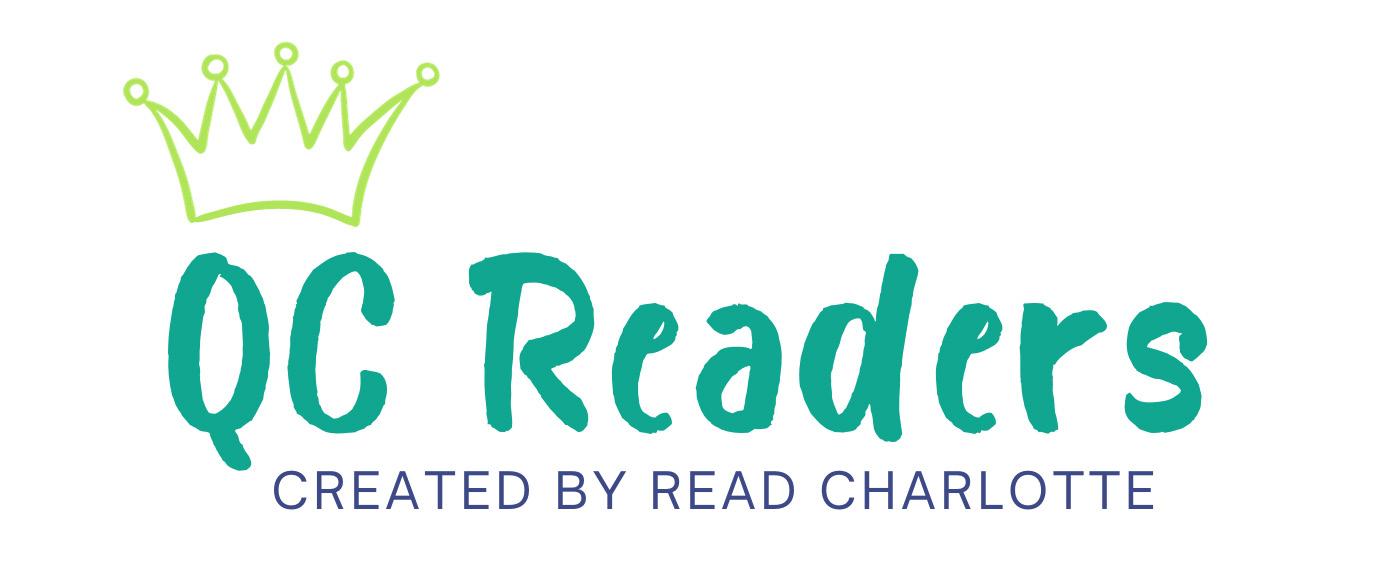
Kindergarten is a critical year for early literacy, so much so that Read Charlotte’s updated strategy includes a focus on kindergarten success, and one of our major initiatives of 2023 was the development of a new tutoring tool called Queen City Readers that helps build basic word reading skills.
At kindergarten entry, instruction begins on word reading skills, with a focus on lettersound correspondence and early blending and decoding skills. This early period of word reading development provides an important opportunity for intervention with students who are falling behind, as their areas of need might compound and become more difficult to address in later grades. For example, a third-grade student who struggles with word reading will have more unique and complex needs than a kindergarten student whose word reading development has just begun.
In other words, intervening early provides a significant opportunity to relieve pressure on our system in the later years. That got our team at Read Charlotte thinking: How could we tap into our community’s capacity to make the most of that opportunity? We wanted to create a kindergarten-focused model with the potential for great reach, and great flexibility – something turnkey that could be used in a variety of settings, by a variety of volunteers.
QCR was designed with this in mind, to be delivered by adults with no formal background in literacy or education, and minimal training (volunteer tutors need less than an hour of training to get started). The materials come in binders, ready-made and easily distributable, and are meant to be used within a range of settings with existing infrastructure, like schools and community-based organizations.
“We believe Queen City Readers is a powerful way that our community can assist CMS to increase the number of kindergarteners finishing the school year on-level for reading,” said Read Charlotte Executive Director Munro Richardson.
Tutors help students develop word reading skills with QCR, which is grounded in an evidencebased, systematic approach to phonics instruction called synthetic phonics. The approach teaches students each individual letter-sound correspondence, and then how to synthesize them together. QCR has 26 20-minute lessons; identical in structure but each focused on a different sound.
Continued on page 8
“The idea is, you teach each letter, each phoneme, really in an intentional order so that students really early on are able to blend the phonemes together to make words,” Read Charlotte K-1 Impact Manager Madison Brown said.
After just 10 lessons, students are equipped to decode about 80 words.
“We thought having that early decoding would give some success for the student, as well as the tutor,” Brown said. “I think in our experience we’ve found that tutors really want to feel like they’re making an impact. And although we’re focused on student outcomes, adults are important to get us there, so we felt it was really critical to help make sure that both the tutor and the student felt successful early in their tutoring journey together.”
The skills that QCR targets are covered in the kindergarten and first grade years, and its content aligns to the North Carolina English Language Arts standards for those grades.
“Research shows that intervening early is more effective than a ‘wait-andsee’ approach,” Brown said. “Keeping students on track early in their reading development prevents a compounding of needs later in their schooling.”
Much of Read Charlotte’s work, including the development of QCR, is informed by the Direct and Indirect Effects Model of Reading, which shows two primary processes contributing to reading comprehension: word reading and listening comprehension. By specifically targeting word reading skills, QCR supports an important piece of what children need in order to be reading at College and Career Ready by third grade.
“Students
receive high quality, explicit, direct instruction from their teachers each day. This core information and practice can be supported by giving students more reps outside of the classroom,” Brown said. “Extra practice identifying
sounds, reading, and writing words can support students as they develop automaticity.”
Tutors are using QCR with students in our community today, and the results are promising. We began piloting the program in the spring of 2023 with a group of kindergarten students at Pineville Elementary School, and this fall, we expanded the pilot to several afterschool programs, and our partners at Pineville continued their management of QC Readers.
“Our community has the capacity to serve young students, and the tools to do so,” Brown said. “With the right coordination, we can positively impact our students and help prevent gaps from widening.”


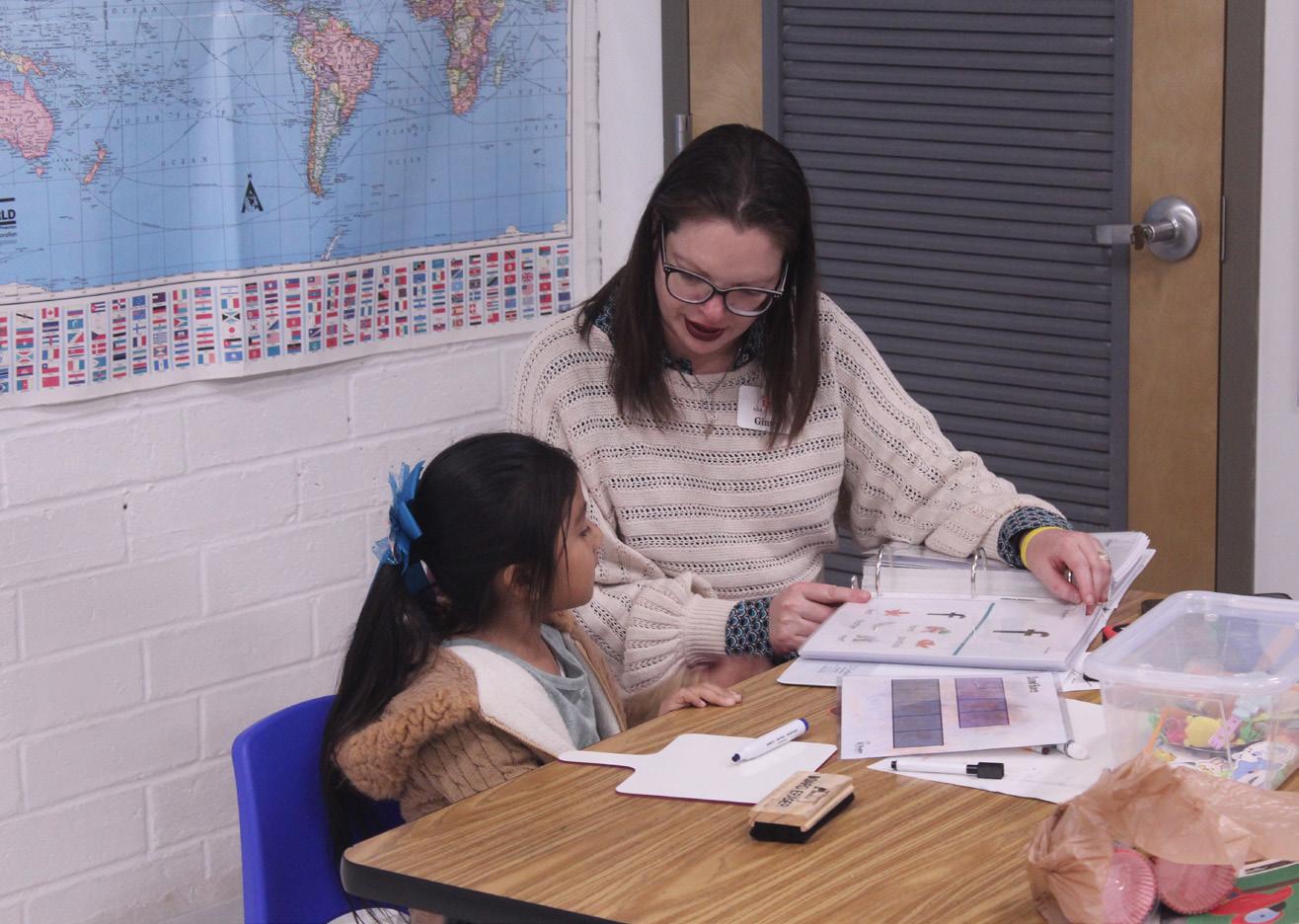
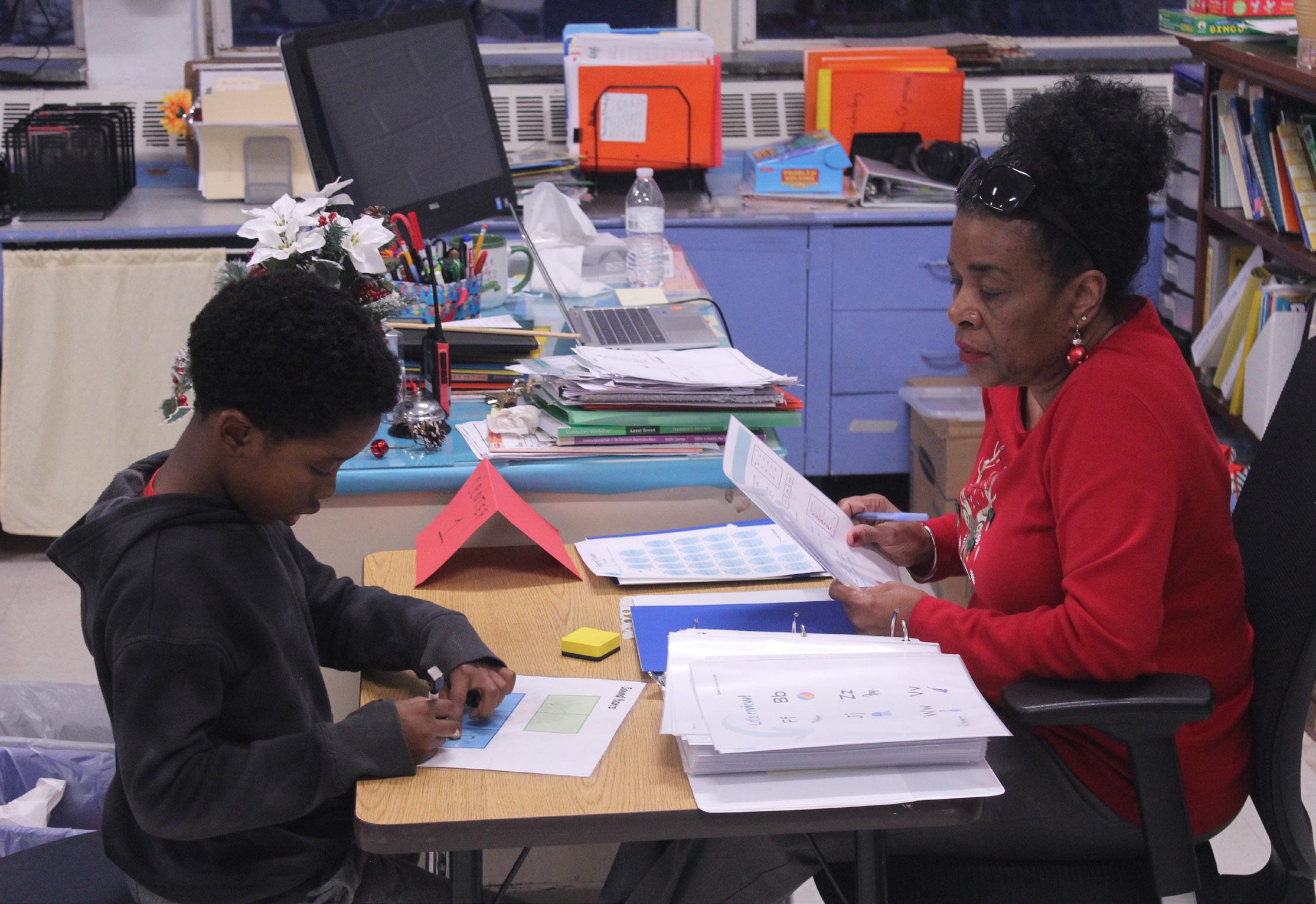
One of our biggest and most public-facing initiatives this year is Read Together, a collaborative effort to have more children in Mecklenburg County experience reading together with an adult.

This simple yet powerful practice helps children develop and grow critical literacy skills, including listening comprehension.
Read Charlotte and a group of 16 partner organizations launched the initiative in May, with the aim of raising awareness, creating resources, and helping to identify and remove possible barriers. The group kicked off the effort with a multichannel marketing campaign promoting the importance of reading together, and also launched ReadTogetherCLT.org as a free resource for families to find ways to make reading together part of their routine, and connect with book access programs. The collective work behind the effort has continued to broaden, with community partners incorporating Read Together in their direct work with families.
Insights from the latest reading science (see page 6) informed the Read Together effort, along with local data showing the need for language skill supports. In spring 2023, Charlotte-Mecklenburg Schools staff shared a report with the school board about the reading levels of Black and Hispanic third grade students, showing that more than 90% of those students needed language skill supports.
Development of these important language skills begins early in life, well before children start school. Reading
together early and often can help support that development, building vocabulary, oral language, and listening comprehension skills, as well as children’s knowledge and understanding about the world around them.
“It’s well established that a children’s book is one of the most powerful tools we have to build language skills. In fact, we’d wager that virtually all third graders in our community who score at College and Career Ready on the annual state reading assessment have adults in their lives who regularly read together with them. Along with our partners, we want to help make reading together at home with an adult a common experience for more children in our community.”
Munro Richardson Read Charlotte Executive Director
Our Read Together campaign features real Charlotte families and highlights the ways they incorporate reading together into their busy routines. The families we worked with shared what the practice means to them, as well as what inspires them about reading together.

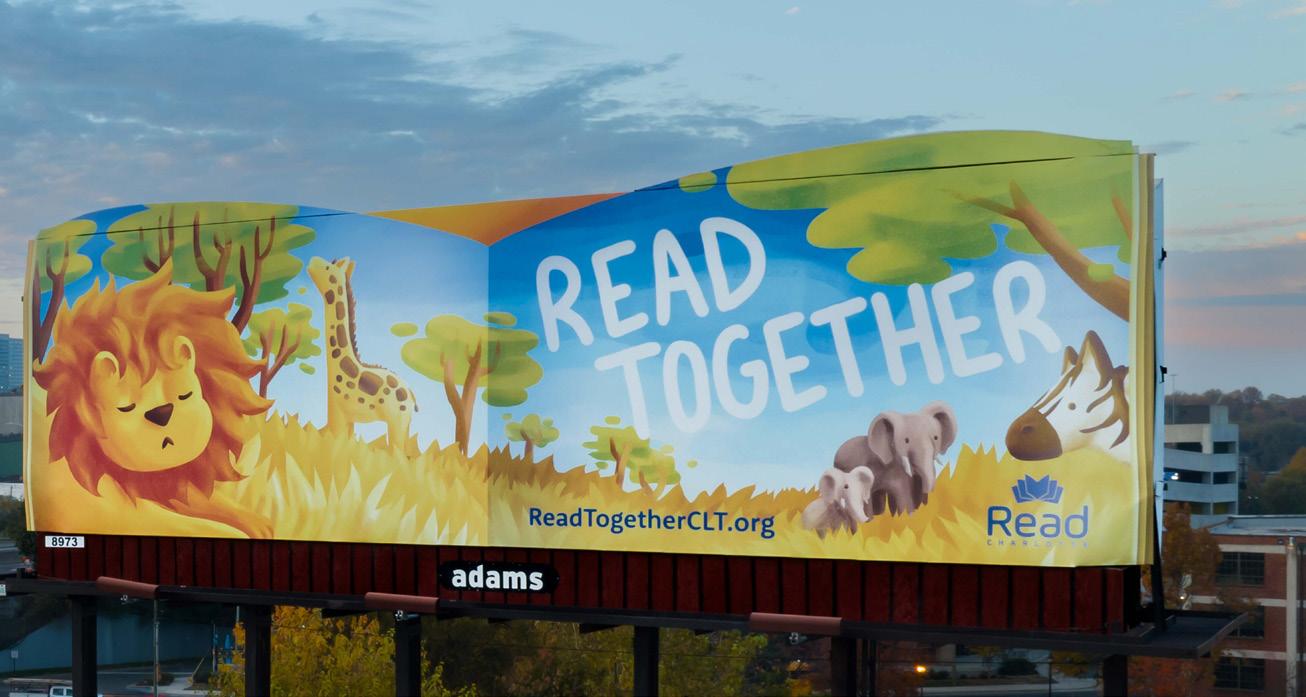
I love that reading sparks where you’re going, and it unlocks so many things, and it leaves an impression. And in these tender years, things that leave an impression are often those things that fuel us later on in life. So that’s the biggest thing that I believe – beyond the love and the family togetherness, it’s the unlocking of voyages and careers and life values and ideals, and how they operate as human beings and global citizens – their little souls. Reading does that. It does all of it.
READ TOGETHER CLT REACH & ENGAGEMENT
JULY-DECEMBER 2023:
10,369,607 social media impressions
1,106,403 social media post actions
300,719 email opens 44,719
Unique website visitors
99 million billboard impressions
As our listening comprehension-focused work expanded this year, we identified a theory-to-practice gap.
Despite the importance of listening comprehension on students’ literacy development, there are sparse resources designed to support it. Comparatively, there are many resources available to support instruction of word reading skills.
We are working to fill this gap by curating a collection of evidenceinformed resources to help practitioners better understand listening comprehension and its connection to other literacy skills, and to offer a set of practical resources for use in the classroom, aligned with the science of early literacy. It includes activities for students, evidencebased practices to incorporate into instruction, and supplemental curricula, along with much more.
This work is very much in progress, and we look forward to sharing more in 2024. We are working closely with Charlotte- Mecklenburg Schools as we develop this resource and continue the work around listening comprehension.
“Read Charlotte is uniquely positioned to provide the support in the area of thought partnership with our district, and more importantly, to provide strategic direction to ensure alignment with all of our community partners. Early literacy is your wheelhouse, and it’s your expertise, and we are incredibly blessed to have you as a resource.”
Dr. Crystal Hill Charlotte-Mecklenburg Schools Superintendent
As part of our efforts to spread the Read Together message far and wide, we worked on a big project in southeast Charlotte: a mural celebrating the joy of reading!
The artwork for the mural was inspired by third grade students at Oakhurst STEAM Academy, who worked with their art teacher, Justin Earp, to dream up illustrations of what reading looks like through their eyes. Muralist Scott Nurkin of The Mural Shop visited the school in the fall to kick off the project, and to share with the students about his creative process and work.
The mural is located on the side of the nearby Morris Costumes building on Monroe Road. We’re so excited to share this with the community and we invite folks to stop by, take photos, and share them on social media using the hashtag #ReadTogetherCLT.
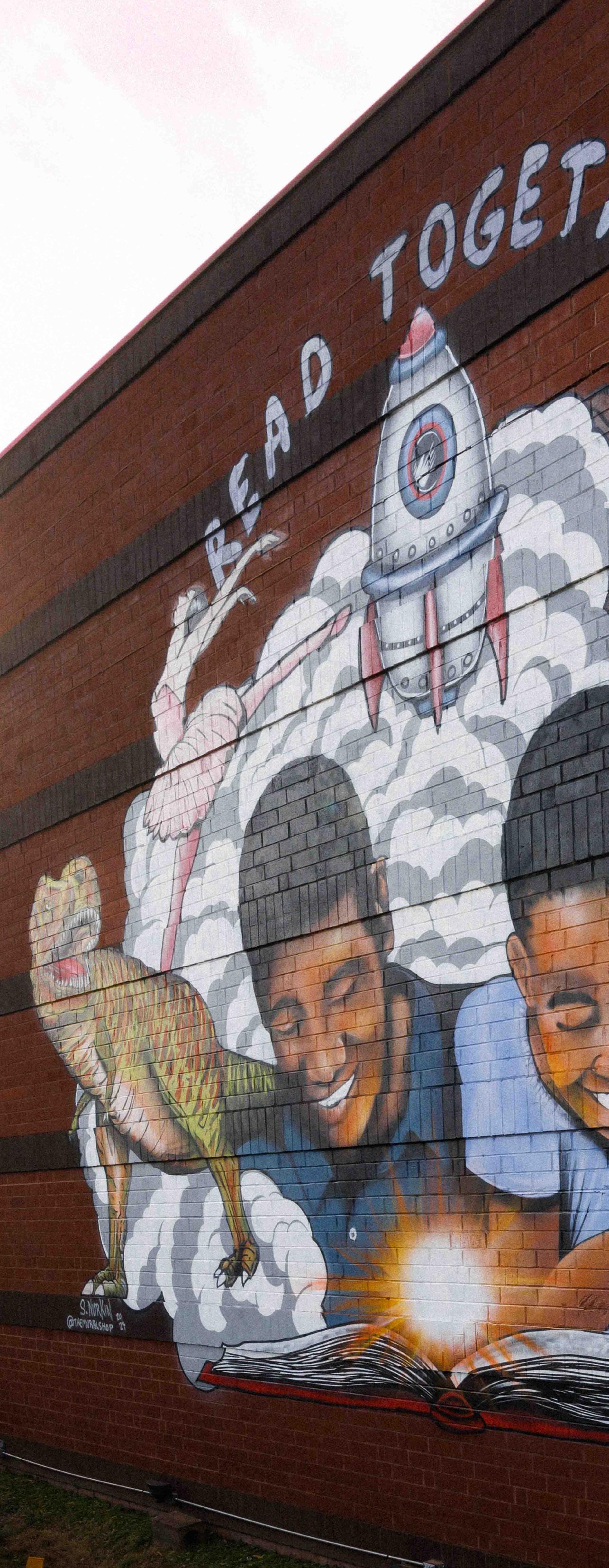
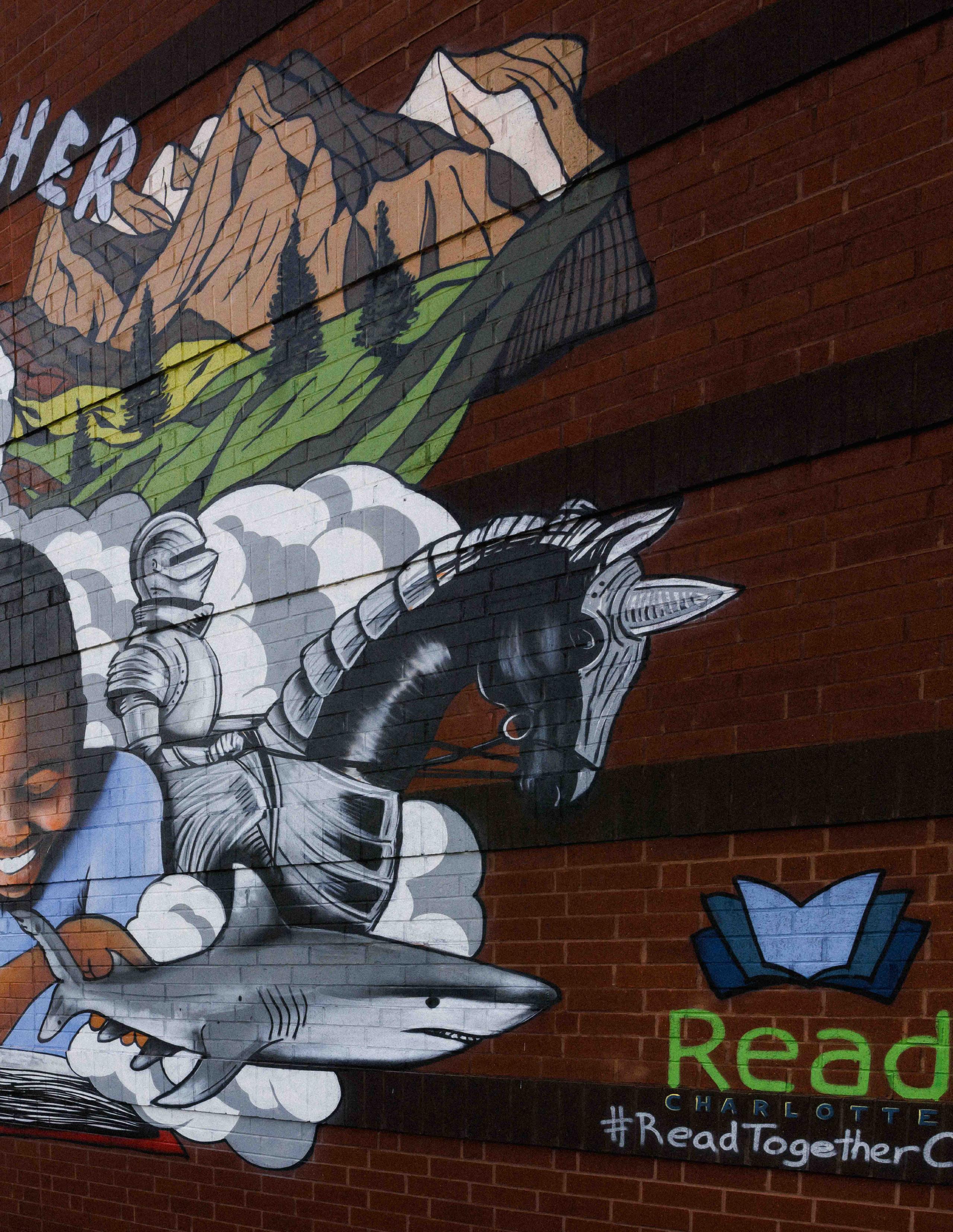
Thank you
to everyone involved in this project from CMS to the incredibly talented muralist, Scott, to our photographer and videographer, Brian Twitty, to Morris Costumes. This project embodies the essence of community and we’re thrilled to have it live on for years to come!
“I believe now more than ever in our community’s ability to transform early literacy for our children. We all have a part to play. All of us have something we can do to make a difference.”
Munro Richardson Read Charlotte Executive Director
Our Commit To 80 event, which brings together people across Mecklenburg County working to improve early literacy, returned in 2023, for the first time since 2019! It was an incredible event, featuring wonderful speakers: Callee Boulware, Regional Director at Reach Out and Read; Bronica Glover, Executive Director of Greater Enrichment Program; Shakekia Moss, MECK Pre-K Curriculum and Teacher Support Manager; and our keynote speaker, Charlotte-Mecklenburg Schools Superintendent Dr. Crystal Hill. Thank you to everyone who attended and made the night such a success. It left us feeling more grateful than ever to be doing this work alongside such strong partners.
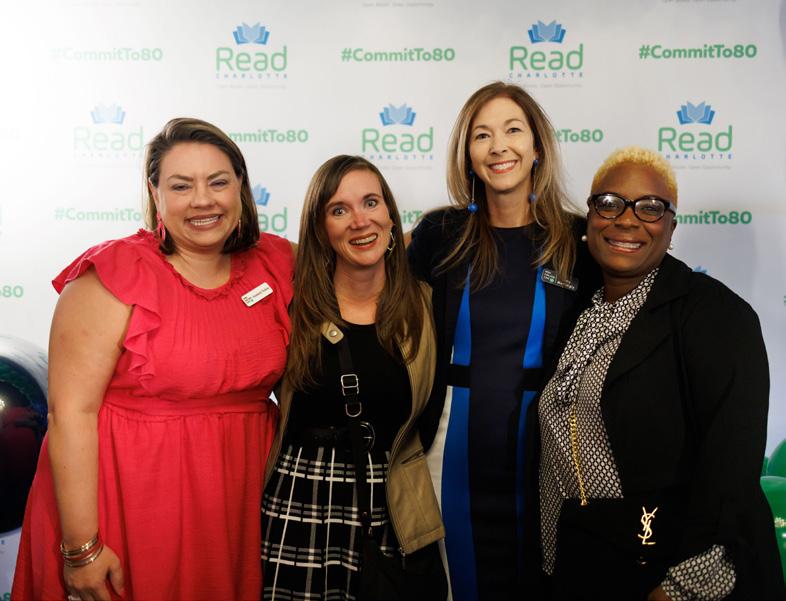
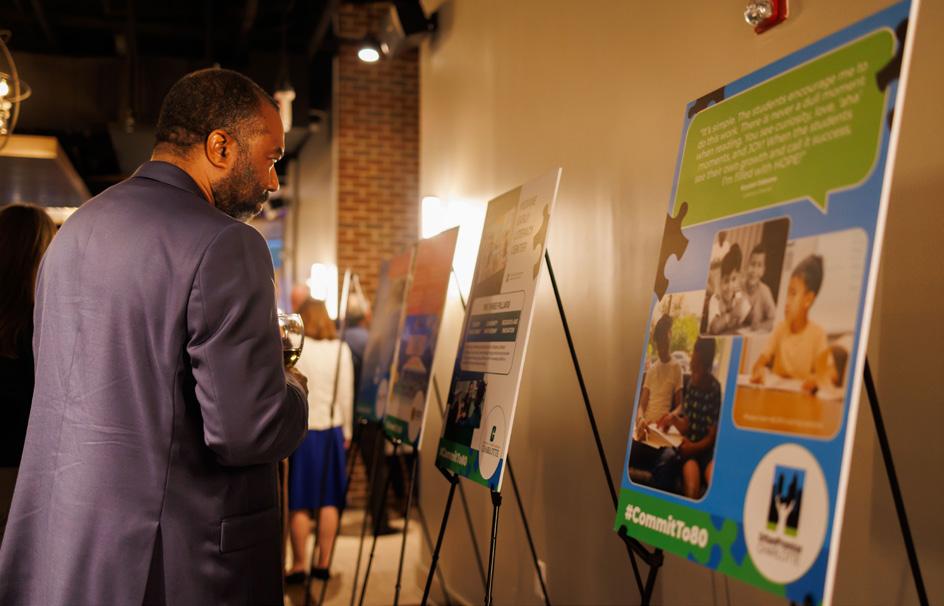
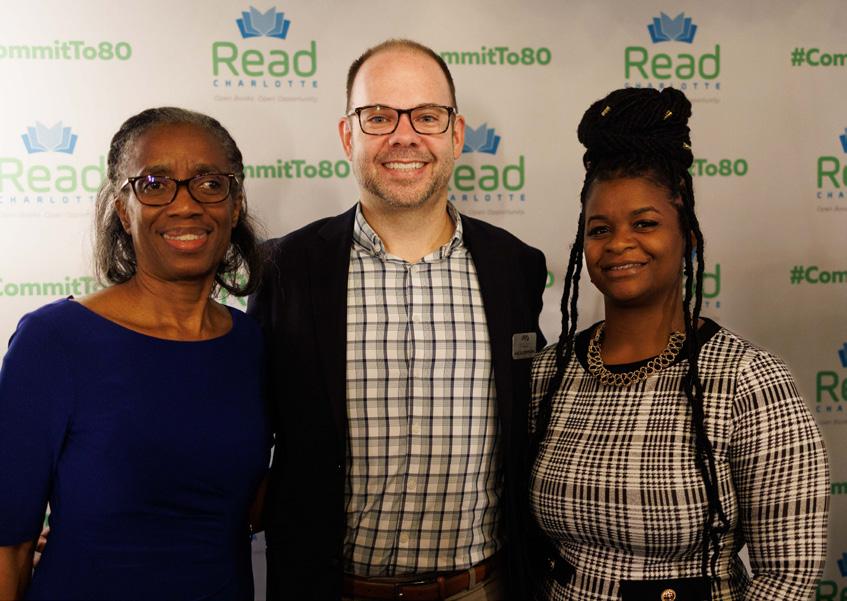



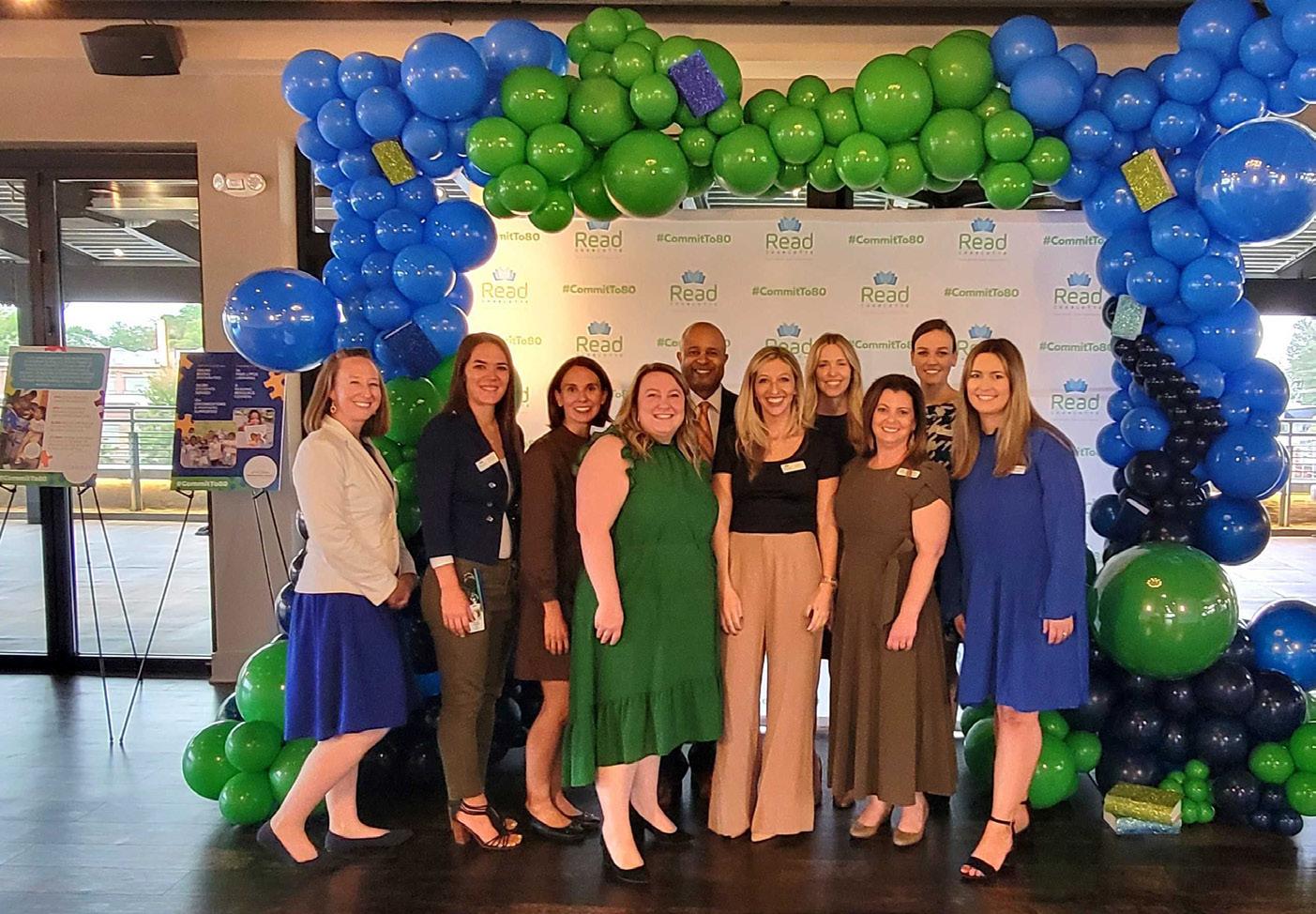
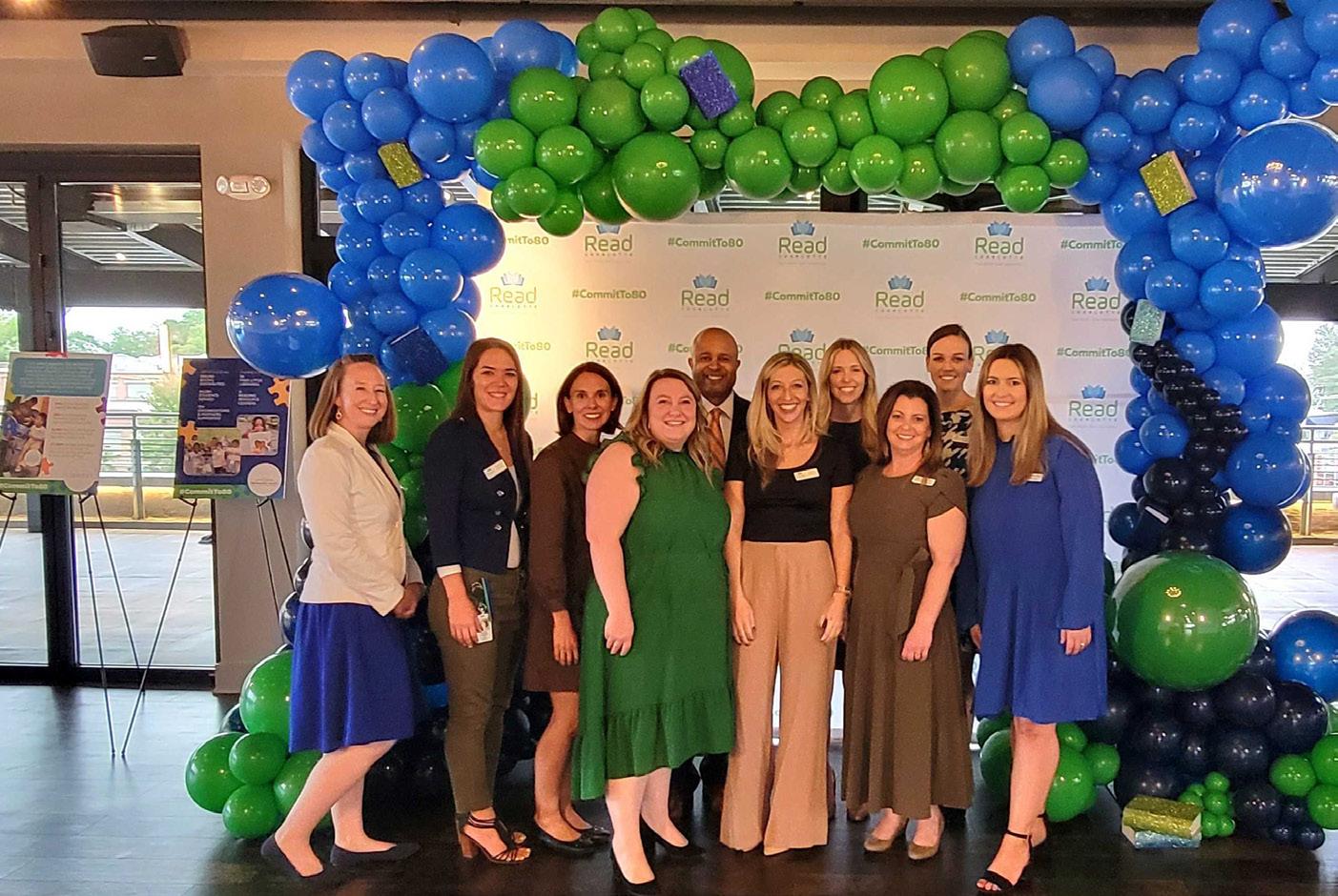
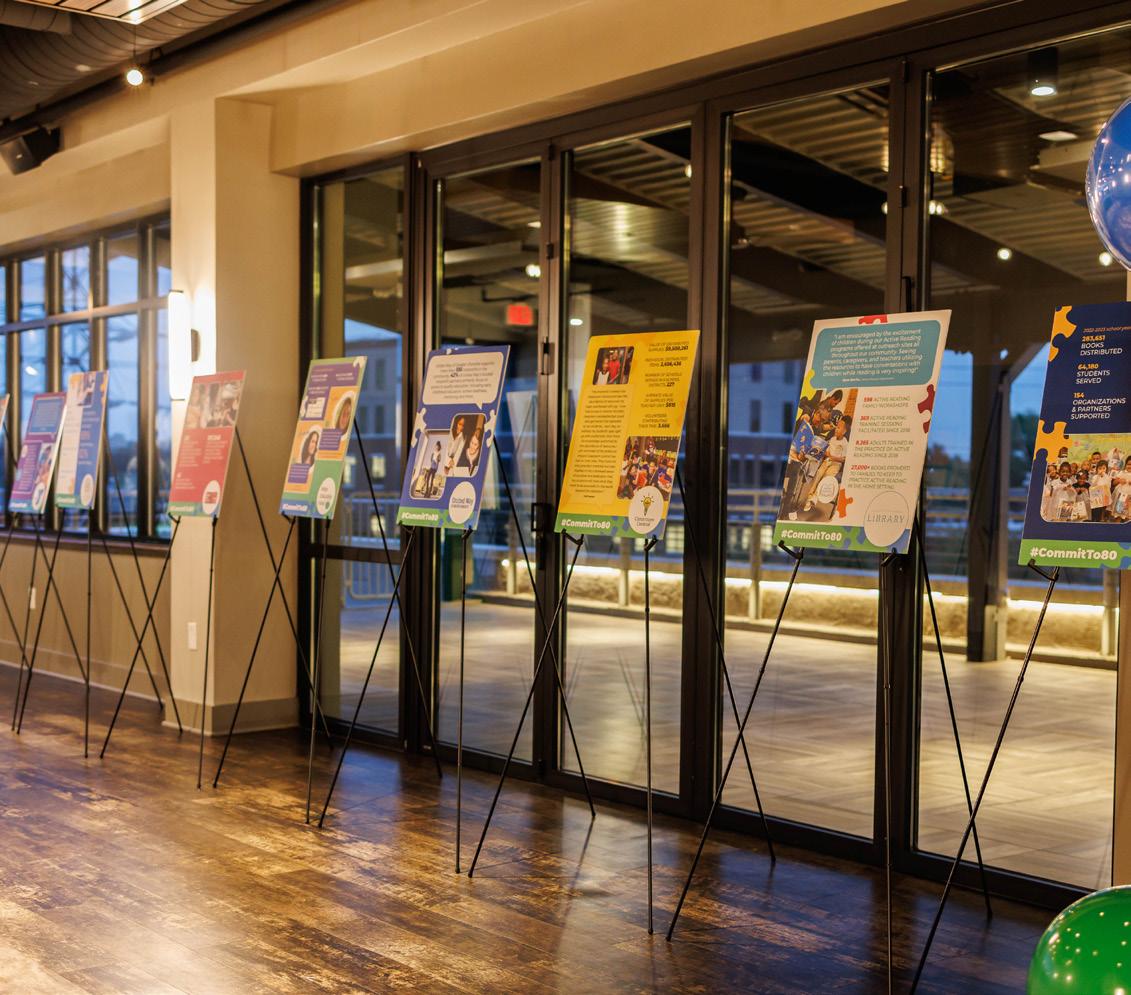
Above and Beyond Students
210 students served in 2022-23. 85% of students had a C average or better, and 94% of students improved their attendance
Ada Jenkins
57 students served through LEARNWorks after- school academic enrichment program in 2022-23; 100% of elementary school students (of those with comparative internal data) achieved proficiency in one or more missing skills in reading and/ or math
Augustine Literacy Project
362 students served, with 99% of students improving in letters and sounds
Black Child Development Institute of the Carolinas
12,000+ culturally relevant books distributed; 250 children served through summer programming; and 23 families served through family empowerment program
Improving early literacy takes the work of the whole community, and that work is happening every day across Mecklenburg County. Here, we highlight some of the incredible strides our partners are making to help set children in our community on the path to success.
with Color
816 children were personally read to and inspired by an author who looked like them, by one of 21 diversitydriven Books with Color, Inc. authors
Bradford Preparatory School
85% of kindergarten students in A2i classrooms finished 2022-23 school year on level for reading
Charlotte Bilingual Preschool
88% English literacy and 82% Spanish literacy achieved by enrolled 3-year-olds
Charlotte Hornets Book Bus 200 shows performed and 15,000 books donated in 2023
Charlotte Mecklenburg Library
Caterpillar Ministries
23 3-and 4-year-olds enrolled in high-quality preschool classes; 128 elementary children received 1:1 tutoring throughout the school year; 10 elementary children received 19 hours of 1:1 reading support in partnership with ALP over the summer, preventing the summer slide with some making literacy gains
8,265 adults trained in the practice of active reading since 2018, and 27,000+ books provided to families to practice active reading at home
Charlotte Speech and Hearing Center
500 children served through APPLE a Day program in 2022-23, with 84%meeting their language and literacy outcomes after 9 months of intervention
Classroom Central
2,656,436 items distributed to 227 schools in 6 school districts
Freedom School Partners
80% or more of students gain or maintain in reading skills after participating in program
GEP
153 students received 100+ hours of differentiated literacy instruction and support informed by the A2i platform; and 1,100 books given to students in 2022-23 school year
Helping Education
605 students at 81 CMS schools served through 11,797 HELPS tutoring sessions in 2022-23 school year
ourBRIDGE for KIDS
230 students representing 31 countries and cultures served through afterschool programs; teacher survey results report 97% improved literacy skills in 2022-23
Promising Pages
283,651 books distributed; 64,180 students served; and 154 organizations and partners supported in 2022-23 school year
Reach Out and Read
International House
179 English Language
Learners in grades K-5 improved their literacy skills during Rising Readers program
MECK Pre-K
Up to 180 children served in the first year of piloting the A2i Pre-K literacy platform in 10 MECK Pre-K classrooms, with 86.6% of students performing at or above grade level in the end-of-year assessments; and capacity to serve 540 children in the second year of the pilot, in 30 classrooms
107,346 annual touchpoints with birth to five-year-old children and families at well-child visits through 41 programs in Mecklenburg County; 261 trained medical providers and residents delivering evidencebased model including books and guidance SchermCo 11,000+ families served through partnerships with 14 K-12 Title I schools in 2022-23 school year; average increase of 7.3% in families reporting to have advocated for their student at school
Smart Start of Mecklenburg County
31,000 children served through Dolly Parton’s Imagination Library monthly book-gifting program
164,081 Ready4K text messages sent to families of 2,559 children, featuring skills and strategies appropriate to their children’s age and stage of development
The Learning Collaborative 72 children served annually; 85% of children who attended summer literacy camp in 2023 showed growth in letter recognition and sounds
Urban Promise
260 K-5th grade students served in summer camp in 2023 made 3.3 months growth in literacy skills over a six-week span
YMCA of Greater Charlotte Summer Literacy Infusion: 2,143 students served last summer through the Summer Literacy Infusion model at 36 locations (13 YMCA branches and 23 camp locations); over 90% of campers improved or maintained their reading levels Y Readers: 90% of the 1,077 students served during the summer at YMCA’s Y Readers maintained or improved reading levels; 67% of the 393 afterschool Y Readers students served met or exceeded vocabulary growth expectations
YWCA Central Carolinas 63% of 224 students increased or maintained their reading level if already on grade level while enrolled in literacy-based program in 2022-23 school year
Toward the end of the 2022-23 school year, students in a MECK Pre-K classroom sat in small groups, working on literacy-building activities like matching synonyms and counting syllables. The end of the school year would wrap up a year of learning not just for the students, but also for MECK Pre-K, Read Charlotte, and Smart Start of Mecklenburg County, which administers the MECK Pre-K program.
The three organizations partnered to pilot the use of a literacy platform called A2i Pre-K in 10 classrooms that school year, with the goal of increasing the number of children who finish Pre-K ready to learn to read when they enter kindergarten.
The A2i platform is a teacher tool that helps identify the reading needs of each child, providing recommendations for how to use classroom time with existing curricular materials for every child in a classroom. A2i considers both of the key processes underpinning reading comprehension, which it refers to as code-focused and meaning-focused skills. This aligns with key research by Dr. Young-Suk Kim that highlights word reading and listening comprehension as the two primary processes that contribute to successful
reading comprehension. Because students need simultaneous high-quality instruction in both areas, A2i is a powerful tool that examines the whole picture of a student’s reading needs and provides direction for instructors to address those needs.
Read Charlotte has tracked the research behind A2i since 2017, and considers it to be one of the most promising, high-impact solutions we’ve seen with strong evidence of improving early literacy outcomes.
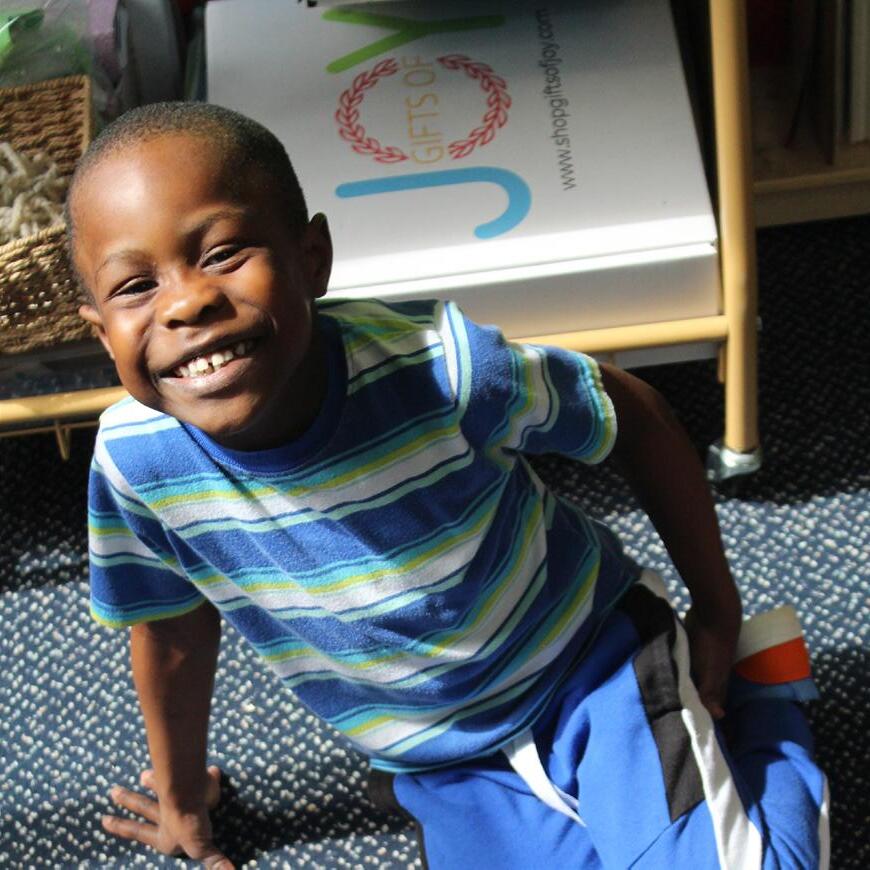
“Over the past eight years, Read Charlotte has reviewed dozens of early literacy strategies and interventions,” said Munro Richardson, executive director of Read Charlotte.
“A2i is grounded in 2,000 hours of careful classroom observations. The U.S. Department of Education invested millions of dollars into its development. MDRC, a respected national education and social policy research organization, found the experimental studies behind A2i ‘repeatedly demonstrated that schools using A2i can accelerate gains in literacy during the crucial early elementary grades for all students, including high-need students, children living in poverty, English


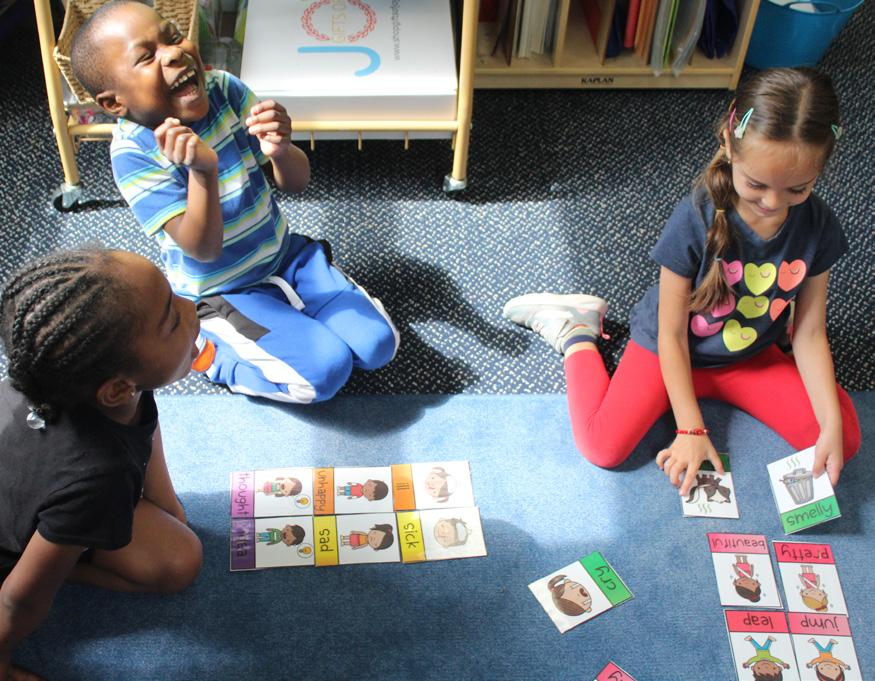
learners, and children receiving special education services.’ We’re incredibly bullish on A2i’s potential to make it easier for teachers to identify and meet the needs of every child in their classroom.”
In early 2022, staff from MECK Pre-K, Read Charlotte, and Smart Start began meeting to discuss the research behind A2i and how the platform could be used to support MECK PreK’s literacy instruction. Early steps involved aligning MECK Pre-K’s curriculum, Creative Curriculum, with the algorithms that power A2i. The groups also piloted the platform’s assessments to see how they would work with Pre-K students. The pilot began that fall.
After students take online assessments, teachers then use that data and A2i’s individualized recommendations to plan classroom activities using the four types of reading instruction: child-managed codefocused, child-managed meaning-focused, teacher-managed code-focused, and teachermanaged meaning-focused.
Shakekia Moss, the MECK Pre-K curriculum and teacher support manager, said the platform has allowed teachers to hone in on the specific needs of each student.
“It’s really been helping with small group
instruction, because it’s grouping the children into four groups, and it helps teachers differentiate which lessons to focus in on during that time so that kids are met at what level they’re at,” she said.
Moss said once teachers became familiar with the platform and realized it incorporated what they were already teaching in the classroom, it helped deepen their understanding of the instruction and create a common language around it. The data available to teachers is one of the platform’s biggest benefits, Moss added.
“It shows what kids are falling below their age equivalent or grade equivalent – it gives us both – in certain areas, so the teachers can really tier those students and get some one-on-one time, or group them in small groups, to work on some of those skills,” she said.
The pilot’s results so far have been promising, Moss said, with the end-of-year assessments showing 86.6% of students at or exceeding grade level. The organization expanded the pilot in the 2023-24 school year, with A2i in 30 MECK Pre-K classrooms.
There’s more to this story! Read the full blog here
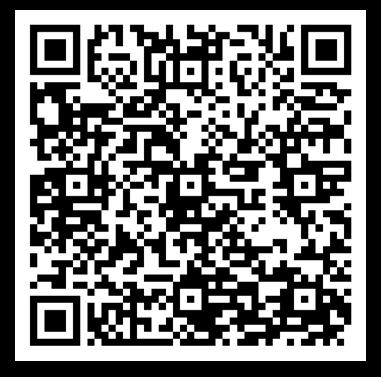
A Read Charlotte-commissioned study by researchers at UNC Chapel Hill examined the relationship between early literacy and a range of later social outcomes. Researchers used a national dataset to find that early literacy provides protective factors across a range of social outcomes in the teens and early twenties. Improving early literacy – even controlling for individual and family differences – increases outcomes for college application, college graduation, household income, and employment. In short, getting children to reading proficiency in elementary school is a “super strategy” for increasing economic and social mobility and their chances for a happy and healthy life.
This study was underwritten by a grant from The Duke Endowment.
Compared to their peers with above average reading ability, students who have below average reading ability in Grades 3 and 4:
Are almost two times as likely to not attend college.
Are one-third more likely to report feeling depressed in their early-to-mid twenties. Are 25% more likely to report substance abuse in their early-to-mid twenties. Have 25% less household income in their early-to-mid twenties.
Are almost 50% more likely to experience unemployment in their early-to-mid twenties.
Are more than two times as likely to not apply to college.
We think the difference in above average and below average reading ability in these data loosely translates to the difference between College and Career Ready and Not Proficient on state reading tests.
Data are from the National Longitudinal Survey of Youth 1979 - it includes data from 11,545 children born between 1970 and 2006 to women in the original NLSY79 sample. Data were collected through surveys conducted every 2 years from 1996 to 2016. Literacy was measured before Kindergarten and in late elementary (3rd and 4th grade) and outcomes were measured in teens and 20s. The analysis controlled for differences in individual and family background, including sex, race, birth order, family income, books in the home, etc.
Building upon the progress we made in 2023, Read Charlotte has four major priorities for 2024:
Shared reading is a proven, high-impact strategy to build children’s language, vocabulary, and comprehension skills. We will double down with our community partners to support increased shared reading at home. Focus: Birth - third grade.
We know from Professor Jimmy Kim’s local analysis that the entire third grade reading gap is present by the end of kindergarten. National research shows that the so-called “Pre-K fadeout” largely occurs in kindergarten. We will work with CMS, Pre-K programs, and other community partners to focus on getting more children to grade-level by the end of kindergarten. Focus: Birth - kindergarten.
We will partner with CMS and community partners on targeted efforts to increase children’s listening comprehension skills to enhance and complement the existing work to support children’s reading development in CharlotteMecklenburg. Focus: Pre-Kthird grade+.
We will partner with CMS and other community partners to build replicable models of school-community partnerships that align classroom, community, and home and improve school-level K-3 reading outcomes. Our aim is to have three to five schools that are clearly “bending the curve” on K-3 reading outcomes by fall 2025. Focus: Pre-K - third grade.
Malcolm Butler
University of North Carolina – Charlotte
Dena Diorio Mecklenburg County
Rebeca Fernandez
Davidson College
Fannie Flono Community Volunteer
Crystal Hill Charlotte-Mecklenburg Schools
Lindsay Joyner Truist
John Martin
Young Black Leadership Alliance
Katie Morris The Belk Foundation
Anna Nelson CD Spangler Foundation
Crawford Pounds
PricewaterhouseCoopers LLP (Chair)
Ben Pysch PNC BANK
Carrie Reeder Albemarle Foundation
Federico Rios Foundation For The Carolinas
Meka Sales The Duke Endowment
Justin Steinschriber The Leon Levine Foundation
Jennifer Ward Bank of America
Stick Williams Community Volunteer


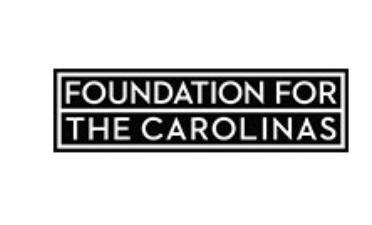


Alpha & Omega Foundation
Ann Dunlap Hendrix Charitable Fund
Anonymous
Atrium Health
Barnhill Family Foundation
Brittany L. Schussler
Crane Family Foundation
David Tepper Charitable Foundation, Inc.
Emily Rassam
Erica Brown
Hal and Holly Levinson Family Fund
Henry W. Sale
Hoff Faithful Giving Fund
Jacquelin Bryant
Jacqueline Parker
James Family Foundation
John S. & James L. Knight Foundation
Joseph A. Connor
Rhett N. Mabry
Skeebo Foundation
Stephen L. Cornwell Foundation
The Faison Enterprises, Inc. Fund
The Springsteen Foundation
Thomas E. & Rosemary I. Rogers Endowment Fund
Virginia W. Tarleton
Whitney & Mitchell Feld Family Fund
Zimmer Biomet Foundation